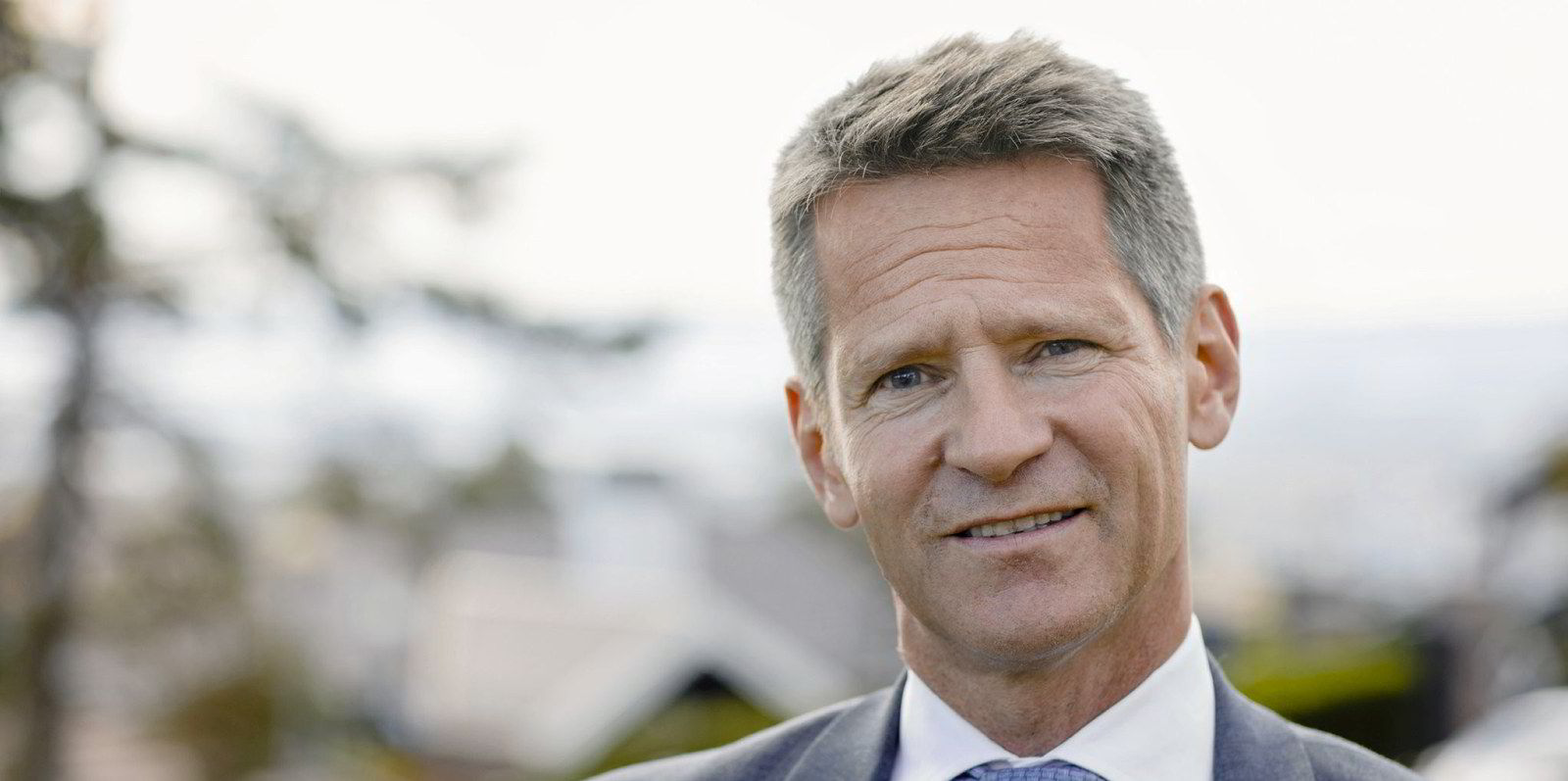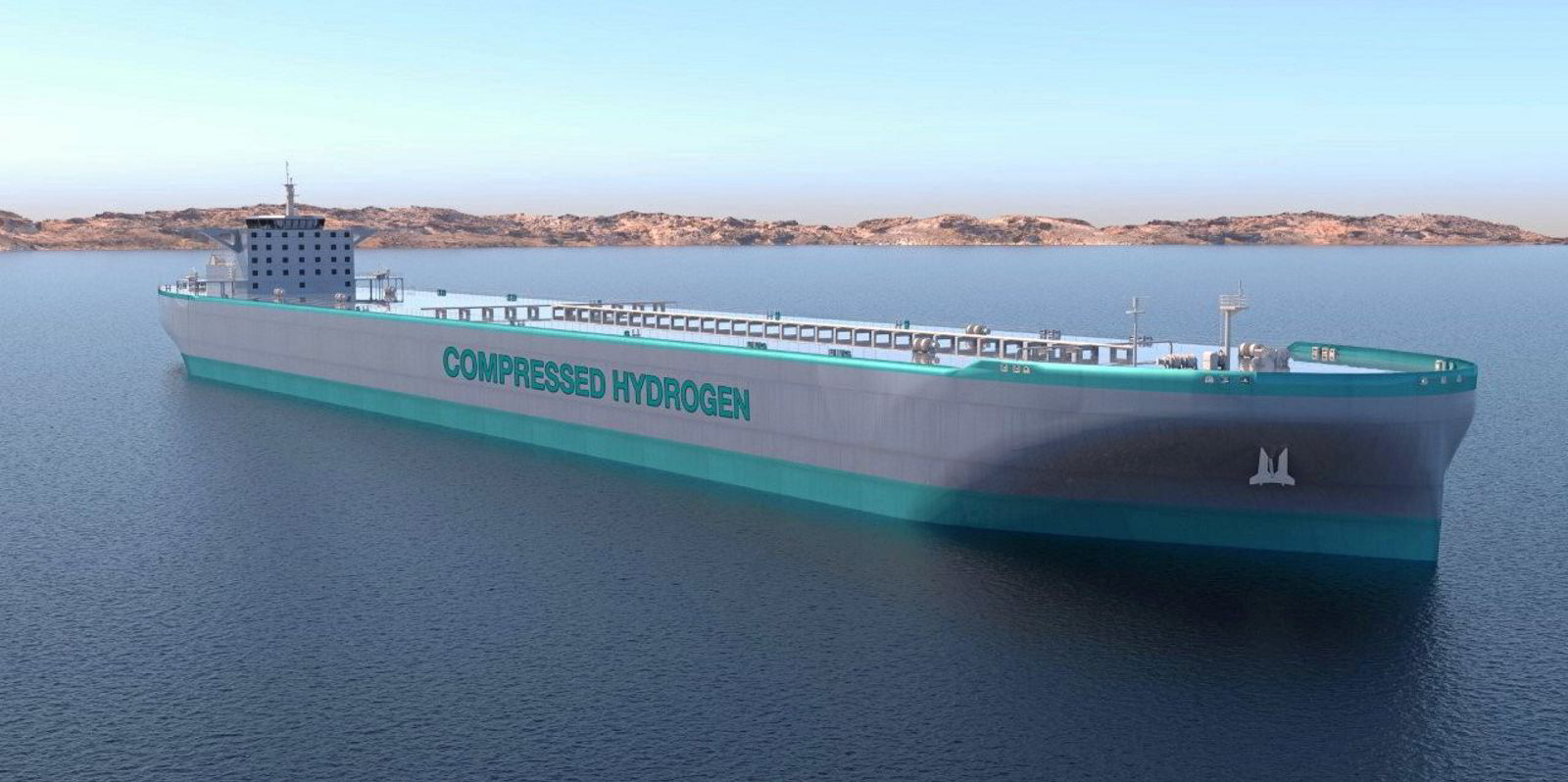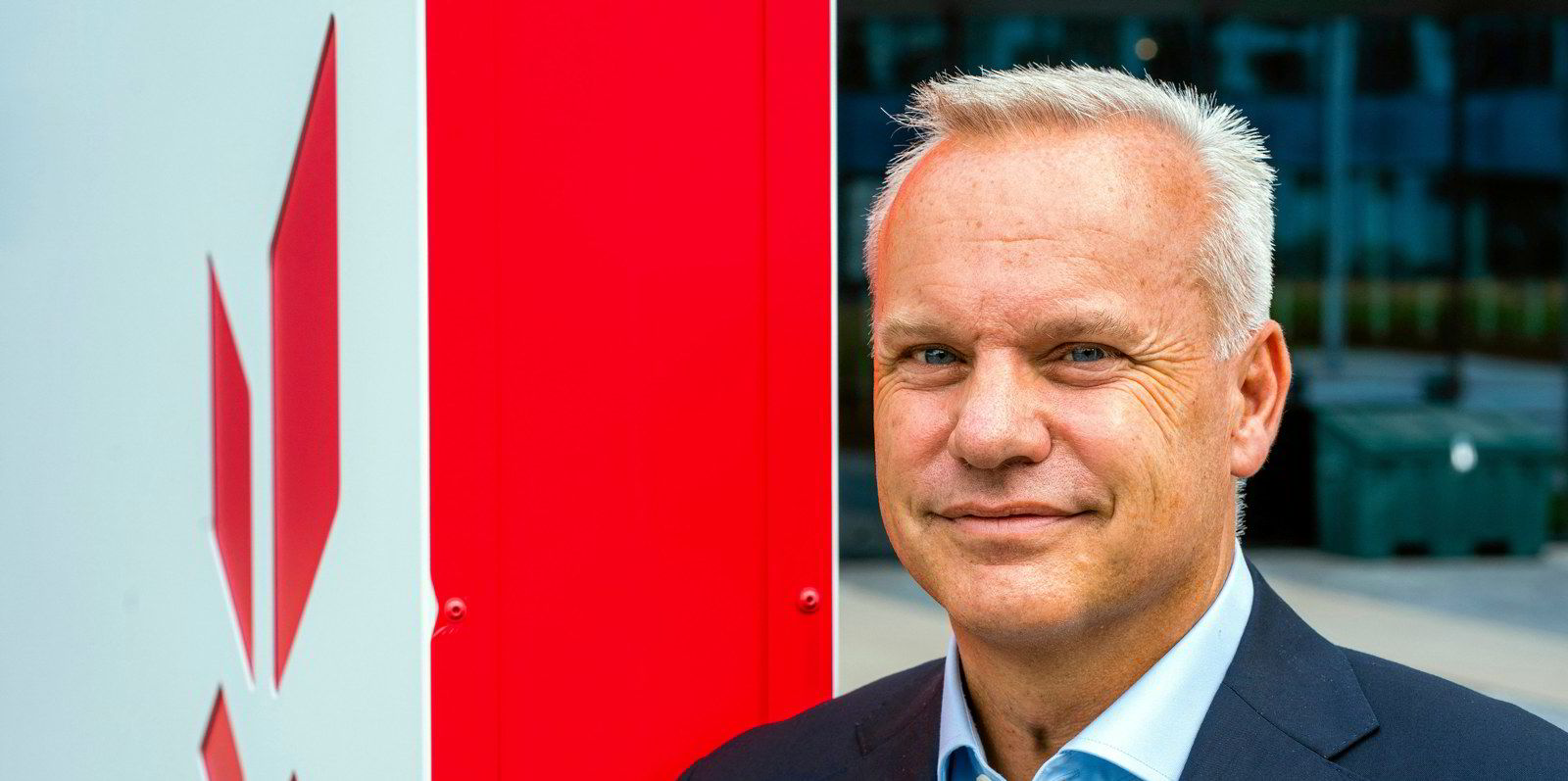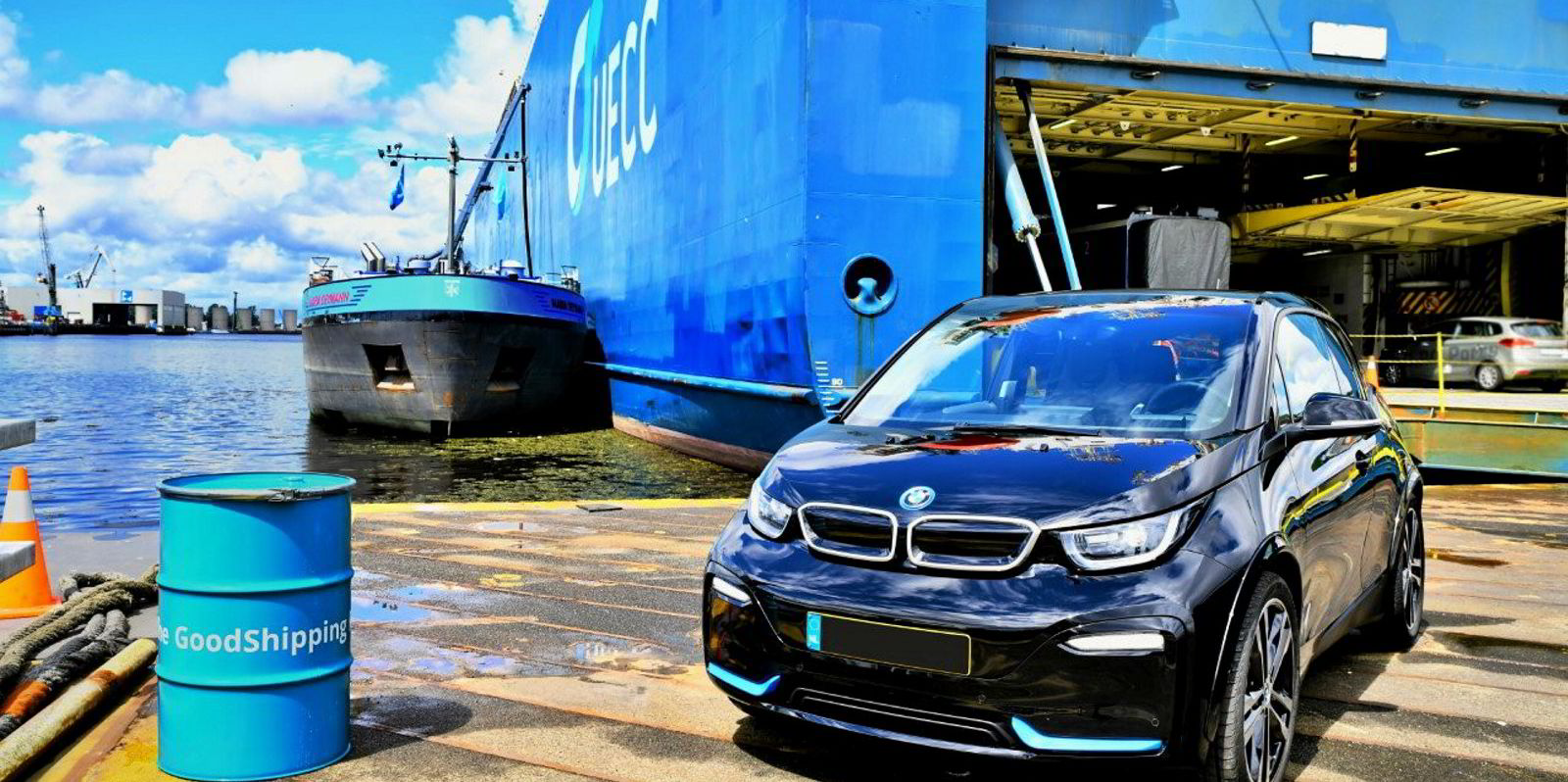Norway's Klaveness Combination Carriers (KCC) has sworn off contracting new ships unless they can eventually achieve zero emissions.
The owner of pioneering vessels that can carry wet and dry cargoes held a webinar to talk about its second sustainability report covering 2020.
Chief executive Engebret Dahm said: "Decarbonisation is the big challenge of the century for the shipping industry. To be sustainable, you also have to be profitable."
He added that at KCC, these go hand in hand: "It's a win-win."
KCC will be recycling some of its older ships this decade, he explained, but "We will order no more newbuildings until we have a realistic pathway to zero emissions."
The company has pledged to have a zero-emission ship on order by 2030.
"Stay tuned, we're going to do lots of exciting stuff going forward," Dahm added.
KCC has two more new Cleanbu combination oil product and bulk carriers due from China by April, and then its newbuilding programme will be complete.
The fleet's average 2020 carbon intensity, measured by the Energy Efficiency Operational Indicator, ended at 7.4 last year. That is down from 7.9 in 2019 and significantly below the 2020 benchmark of 10 for standard vessels in KCC's trades.
Shipments of fossil fuels were limited to 19% of total transported cargo despite growth in the Cleanbu fleet last year.
Fossil fuels are expected to account for around 25% of total shipments after delivery of all Cleanbu vessels in the first half.
Most companies operating in the panamax bulker and product tanker markets transport a substantially higher share of fossil fuels than KCC, the company claimed.
It has promised to continuously identify, promote and test new technologies and solutions to improve energy efficiency.
'A little behind target'
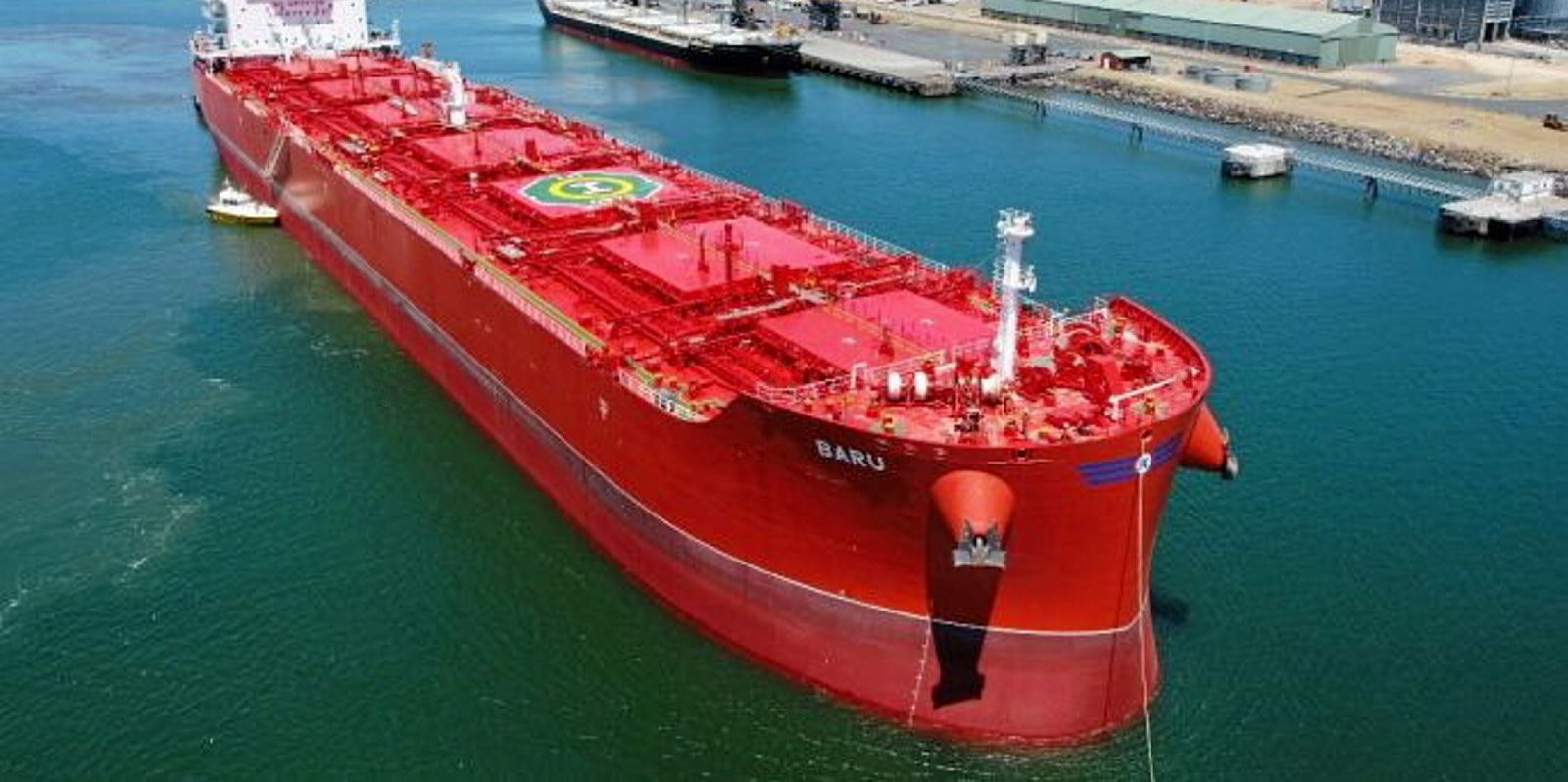
The board has authorised an extra $2.5m for new investments in this area, the company revealed.
KCC aims to reduce average CO2 emissions per vessel to 17,700 tonnes in 2022, a cut of 15% versus the actual 2018 figure.
Average CO2 emissions per ship were 20,700 tonnes in 2020, against 19,900 tonnes in 2020. That is the amount of CO2 emitted by the fleet in one year of operations, averaged out per ship.
Last year's figure was affected by the poor energy efficiency of some vessels approaching dry-docking dates.
"These vessels have been docked during second half of 2020 or will be docked in 2021," KCC said.
Dahm admitted: "We're a little bit behind target."
He explained that initiatives taken in 2020 have not fed through into performance yet.
The company is also looking at biofuels, but Dahm believes a carbon tax to even out costs between fuel oil and these new green blends will only happen later this decade.
Silicone-based anti-fouling measures will cut between 3% and 5% of fuel consumption, KCC added.
Martin Wattum, head of project & business transformation at Klaveness Ship Management, said the company is piloting a robotic service from Norwegian start-up Shipshave, which will clean hulls in transit to cut friction.
KCC is also looking at air lubrication and more streamlined hulls, which could contribute to fuel savings of 5%.
"We believe there's some more juice to be pressed out of the lemon," Wattum said.
